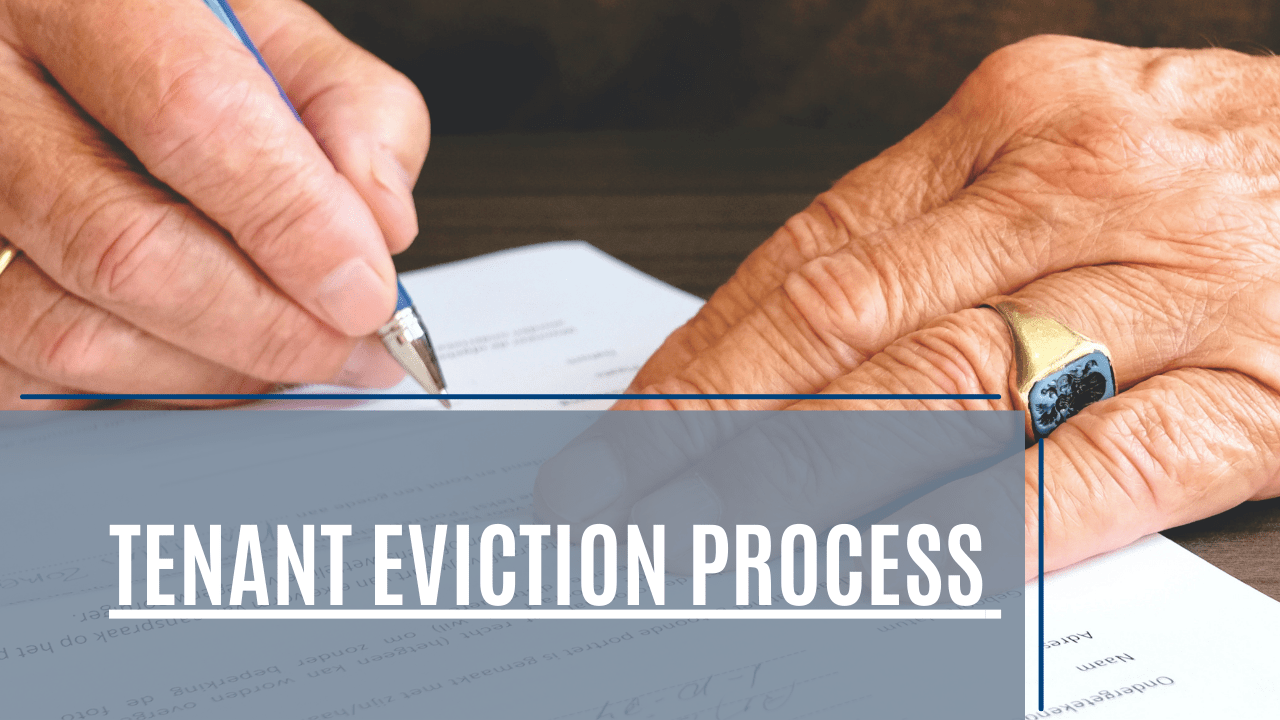Evicting a tenant in Santa Cruz is more challenging than it once was. There are a number of protections in place for tenants who are struggling to pay their rent due to the COVID-19 pandemic. You have to be aware of those before you begin an eviction process.
Even outside of the pandemic, eviction in California requires you to have just cause, otherwise you may find yourself responsible for a relocation payment to your tenants when you make them leave. The most common reasons you can legally evict a tenant in Santa Cruz are:
- Nonpayment of rent.
- Violation of the lease agreement.
- Illegal or criminal activities at the property.
There’s currently a federal moratorium on evictions for tenants who cannot pay due to the pandemic. California has its own law in place, which protects tenants from eviction if they sign a declaration that their financial hardship is due to the pandemic and if they agree to pay a percentage of the rent that’s due.
Outside of COVID eviction moratoriums, there’s a legal process that must be followed when you are able to evict a tenant. Let’s take a look at what that is.
Serve a Three Day Notice to Pay or Quit
Most tenants get evicted due to nonpayment of rent.
Once your rent is officially late, you may want to contact your tenant to find out what happened. If it’s an otherwise good and responsible resident, it could be a simple case of a forgotten payment. Or, the tenant could be facing a temporary cash flow issue and may ask for a couple of days to come up with the rent that’s due.
Whatever you hear back from the tenant, be sure to file and serve a Three Day Notice to Pay or Quit. Do this even if you agree to accept the rent later because it will keep the process moving if your tenant doesn’t hold up his or her part of the bargain.
The Three Day Notice gives your tenant three days to pay the rent or move out of the property. In our experience, most tenants will catch up with the payment before the end of the three days. If not, you’ll have to move onto the next step.
Filing an Unlawful Detainer Lawsuit
 After the three business days come and go without payment or a notification that the tenants have moved out, you’ll need to go to the court and file for an eviction, which is legally referred to as an unlawful detainer.
After the three business days come and go without payment or a notification that the tenants have moved out, you’ll need to go to the court and file for an eviction, which is legally referred to as an unlawful detainer.
You aren’t required to have legal representation to file this lawsuit, but we strongly recommend it. If you’re not already working with a Santa Cruz property management company, consult an attorney who specializes in eviction law. It’s very easy to make an expensive mistake, and you don’t want to start the whole process over.
At the courthouse, you’ll file the required paperwork and pay a fee. A court date will be set and your tenants will be informed. Sometimes, tenants will come up with the rent and the eviction will be called off. Or, they’ll move out of the property and you can get it back.
If the eviction goes all the way to court, and the tenants show up, the judge may require both parties to attempt a mediation. If this does not work, the court will hear both sides of the eviction case and if you can prove the simple fact that rent has not been paid, you will be awarded a judgment. Then, you’ll get a Writ of Possession and the tenants will be given a date by which they must vacate the home.
In a worst-case scenario, the tenants won’t move out and you’ll need to summon the sheriff to physically remove them and their property.
As we have stated, evicting a tenant right now is nearly impossible. Not only are there legal protections in place, there’s also likely to be a long line at the courthouse.
We recommend working with your tenants to avoid eviction, especially now. If you’d like some help with that or anything pertaining to Santa Cruz property management, please contact us at Real Estate Eight Three One.






